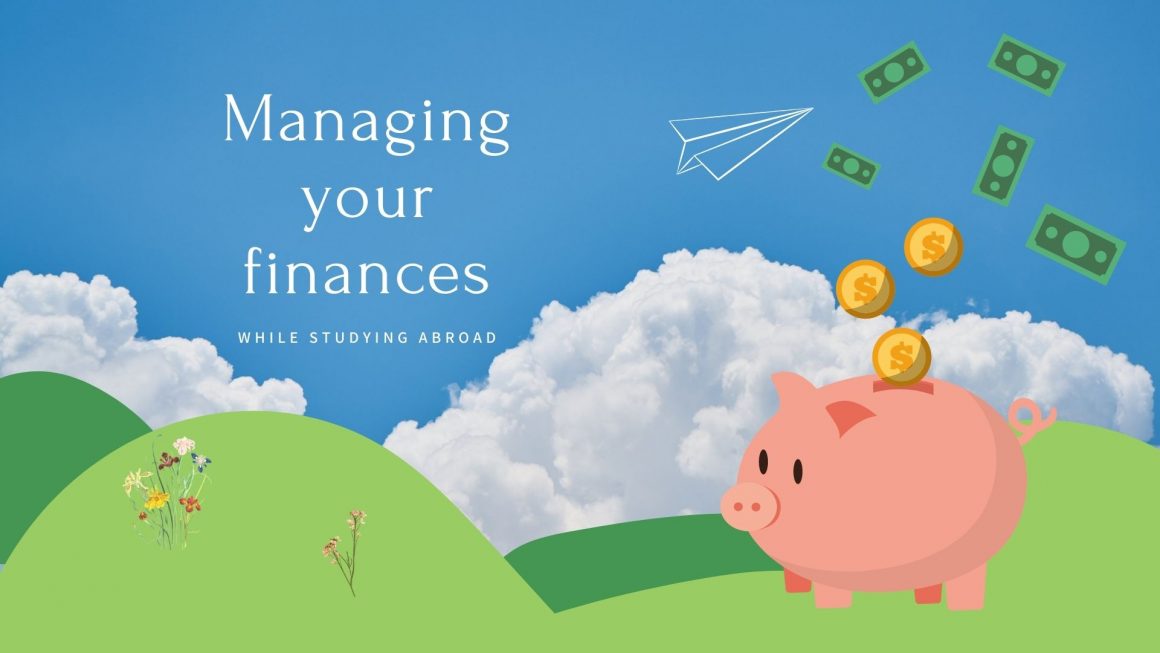
Around the World: Managing your finances while studying abroad
By Sebastian Vasquez Gutierrez, January 20 2022—
One crucial issue for international students living in Canada is their management of finances. Going to a different country for school can be a very intimidating process, and in many cases, parents are there to guide their children — if they can speak English and are familiar with the way finances are operated in Canada.
While my parents were able to accompany me during my first week in Calgary, I had to navigate everything by myself since my parents didn’t speak English, nor were familiar with the Canadian banking system. It was good to have them because I wasn’t alone, but it was a very new experience, especially since I didn’t have a “guide” on what exactly I needed or what to watch out for in terms of money management.
After adjusting to it over two years, I’ve come up with some tips that may benefit my fellow international students in keeping on top of their finances.
Create a comprehensive budget:
Before you leave, you need to know how much money you will spend on the basics, such as tuition and living expenses. Additionally, you also have to think about other expenses such as food, savings and money for leisure activities, which will vary among students. Therefore, when creating a budget, always bring more than expected since many different situations can come up, and it is important to have extra for any inconvenience that may happen.
The Canadian government needs proof of how you will pay for all the costs and where the money is coming from. Currencies around the world are valued differently than the Canadian dollar, so your budget should factor in the buying power of your money in Canada as well as how much money will be spent on conversion rates. A great way to do this is through the Bank of Canada’s online Currency Converter.
Find a local bank:
Many banks have great options for international students — a convenient branch that is located at the University of Calgary is the Royal Bank of Canada (RBC), found in the basement of MacEwan Hall. They helped me set up my first bank account and further told me how to transfer money from home.
There are also step-by-step guides you can follow when you arrive in Calgary. The University of Calgary has these steps on their webpage, where they give constructive tips on what to bring and what not to bring when you open a bank account. In addition, there are many workshops you can take, such as one offered by a company named Momentum which focuses on virtual money management strategies.
Navigating the Canadian credit system:
When coming to Canada, most if not all the transactions are made with debit or credit cards but many international students spend their whole lives without them. At first, we often find the use of debit and credit odd since many countries use cash for most transactions and very rarely use other methods.
Studying abroad can often be their first time using them alongside managing money by themselves and understanding how to spend wisely. However, spending money on a credit card is tempting because you don’t have that authority figure behind you telling you what to buy and what not to buy.
When first arriving in Canada, building a credit score might not be students’ first priority since they are already adjusting to the complexities of a new environment. However, credit history will determine if you get loans that you will may have after graduation so make sure you make timely payments and don’t spend more than you have.
Be aware of scams:
It may not be common in other countries, but scam calls and texts will show up at one point or another. Most of these calls are related to money and ask for information related to banking details or social insurance numbers. It’s important to know that the Canadian government does not call to tell anyone about owing money; they put the name in collections instead. If you are worried about such phone or email-related scams, contact your bank to get help in identifying them.
